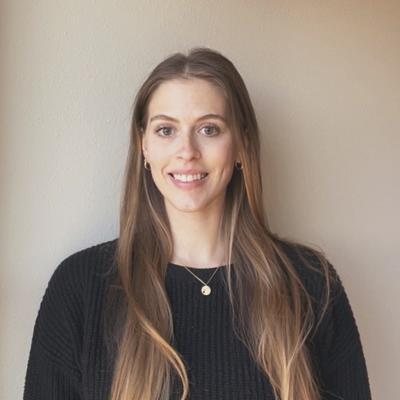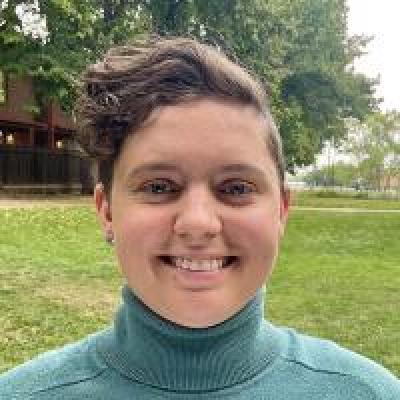Assessing the Drivers and Solutions to Increasing Human-Black Bear Conflicts
EDS Seminar Speaker Series. Heather Johnson assesses the Drivers and Solutions to Increasing Human-Black Bear Conflicts
Date: Tuesday, February 21st, 2023
Title: Assessing the Drivers and Solutions to Increasing Human-Black Bear Conflicts
Speaker: Heather Johnson, USGS Alaska Science Center
Abstract:
Across the country, interactions and conflicts among people and black bears are increasing and have become a high priority for wildlife management agencies. Whether increases in conflicts reflect recent changes in bear population trends or just bear behavioral shifts to anthropogenic food resources has been largely unknown, with key implications for bear management. In response to this issue, I led a 6-year study in southwest Colorado to understand the influence of human development on black bear behavior and demography, and to assess management strategies for reducing human-bear conflicts. In my talk, I will describe research findings on how bear use of human food is modifying foraging and hibernation behavior, altering bear demographic rates, and influencing bear abundance. I will also detail our results on the effectiveness of urban bear-proofing, both for reducing human-bear conflicts and for changing public attitudes and perceptions. Additionally, I will discuss how research findings are challenging key assumptions and can be used by wildlife agencies to improve bear management as landscapes become increasingly developed.
Speaker Biography:
Heather Johnson is a Research Wildlife Biologist at the USGS Alaska Science Center in Anchorage, Alaska. Heather has a PhD in Wildlife Biology from the University of Montana, a MS in Wildlife Science from the University of Arizona, and a BS in Ecology from the University of California, San Diego. Heather’s research primarily focuses on understanding how climate- and anthropogenic-driven changes in habitat conditions influence the behavior and demography of large mammals, and the effectiveness of management strategies for minimizing impacts. Prior to working for the USGS, Heather conducted research for Colorado Parks and Wildlife and the California Department of Fish and Wildlife.



